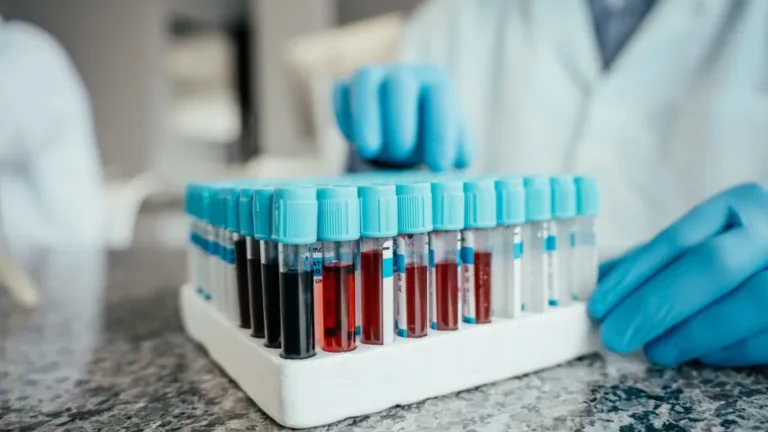
P-tau217: A Simple, High Quality Alzheimer’s Test
P-tau217 is a blood-based marker for Alzheimer’s. See how it offers a simpler, cheaper way to analyze Alzheimer’s.

P-tau217 is a blood-based marker for Alzheimer’s. See how it offers a simpler, cheaper way to analyze Alzheimer’s.
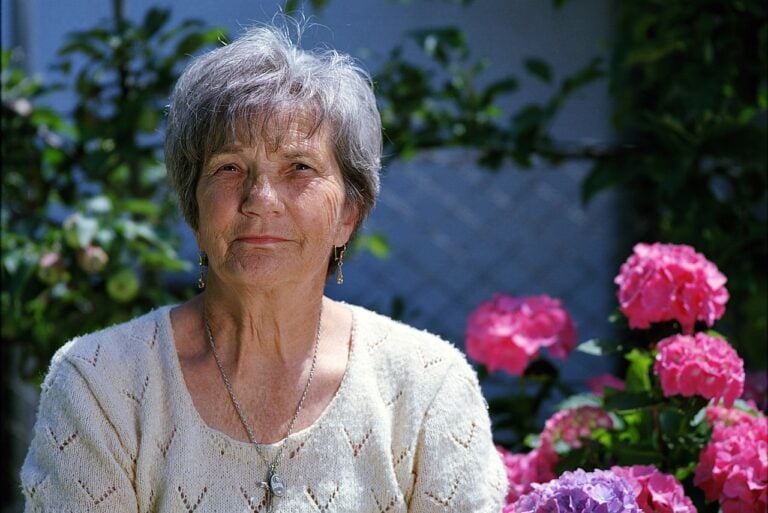
Why can vision loss come before memory loss in 10% of Alzheimer’s? A new study shows Posterior Cortical Atrophy (PCA), a type of Alzheimer’s, distributes proteins differently.

Twenty percent of people over 65 have mild memory and thinking problems that don’t interfere with day-to-day life. Doctors call this MCI, short for Mild Cognitive Impairment. Find out more about what it is and what to do about it.
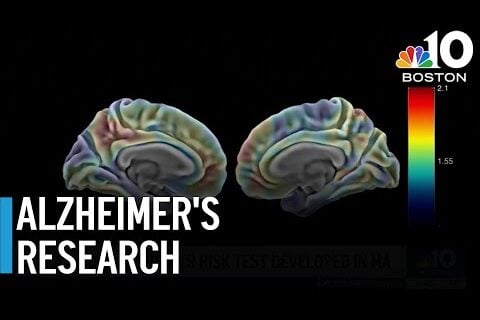
A fascinating Smell-Test developed at Mass General Brigham may help determine your risk of developing Alzheimer’s.
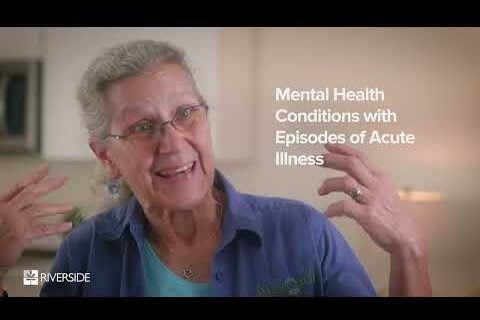
Teepa Snow, Dementia Care Specialist, shares what you need to know about conditions that can mimic dementia, but are actually reversible or treatable.
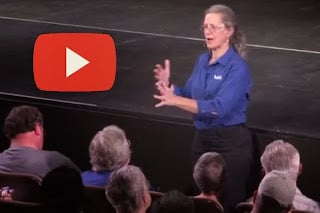
DIAGNOSIS VIDEO: TEEPA SNOW explores the challenge of getting a good diagnosis in today’s medical system. See her explain differences between Alzheimer’s and other dementias. Learn how to prepare for a brain health checkup.
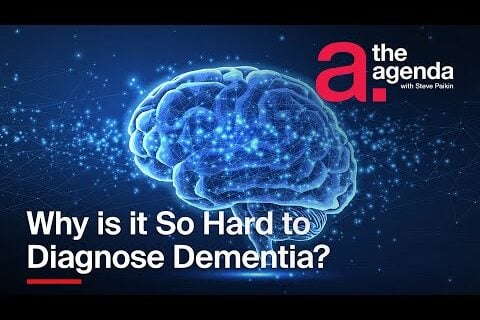
The Founder and CEO of The Brainwell Institute shares the deep understanding of cognitive function that’s needed for a good diagnosis of dementia. Learn what you need to know, in plain English.
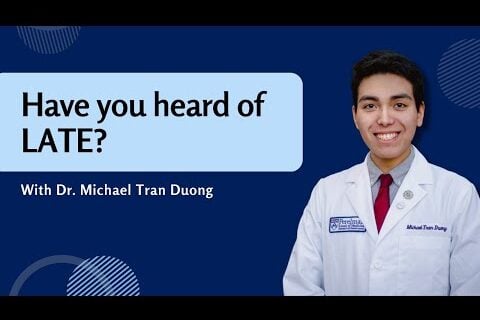
(Video & Article) L.A.T.E. Dementia is frequently misdiagnosed as Alzheimer’s. That’s why, in January 2025, researchers created new guidelines. It affects millions of people, approximately 40% of people over 80. How is it recognized? What makes it different?

See Dr. Geoffrey Kerchner, Memory Disorders Specialist at California’s Memory Disorders Center, answer important questions for people who have, or may have, Alzheimer’s.

Women with strokes caused by blood clots arrive at the hospital an average 27 minutes later than men, a delay that can damage brain cells and lead to vascular dementia. Read the startling statistics, and learn what to do about it.
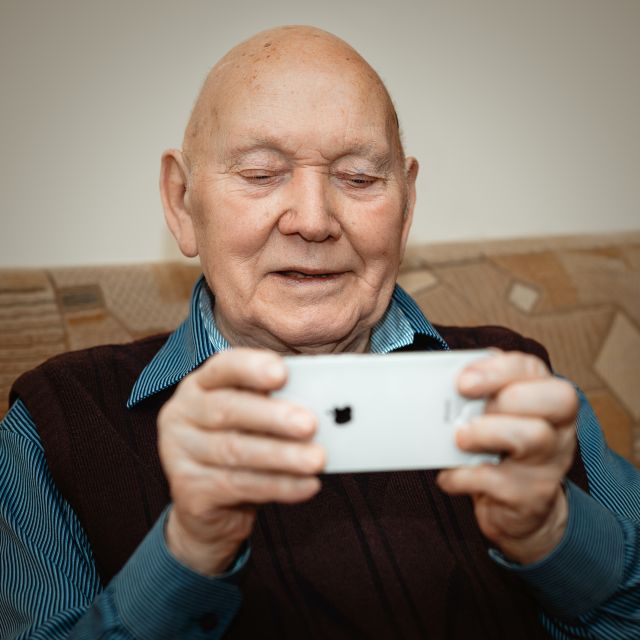
Researchers find education and intellectual stimulation appear to activate a genetic program in the brain that promotes resistance to cognitive decline. Find out more.

SOCIALIZING in your 50s and 60s strongly predicts less dementia later on. Learn why, from new research by University College London. See Ohio State University demonstrate how true it is, from animals to people.
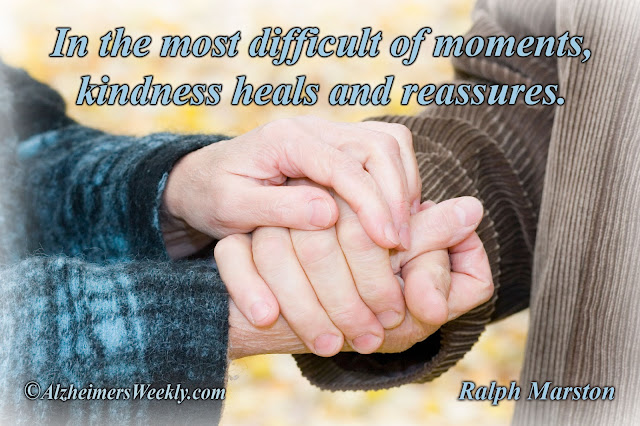
In the most difficult moments, Kindness heals and reassures.

Researchers found in a study that people who developed dementia were more likely to have their credit rating drop at least two and a half years before the diagnosis. Some had problems managing their money up to six years before. Find out more.

Scientists say restoring a brain protein, not removing amyloid plaques, should be the target of Alzheimer’s dementia therapies. The researchers said treatment might lie in normalizing the levels of a specific brain protein.

Dietary iron is an essential element in the brain. That’s why it is critical to understand how it affects Alzheimer’s. Researchers used advanced X-ray techniques to take a giant step forward in understanding iron chemistry in amyloid plaque, the main culprit behind Alzheimer’s. Learn more about their exciting new insights.
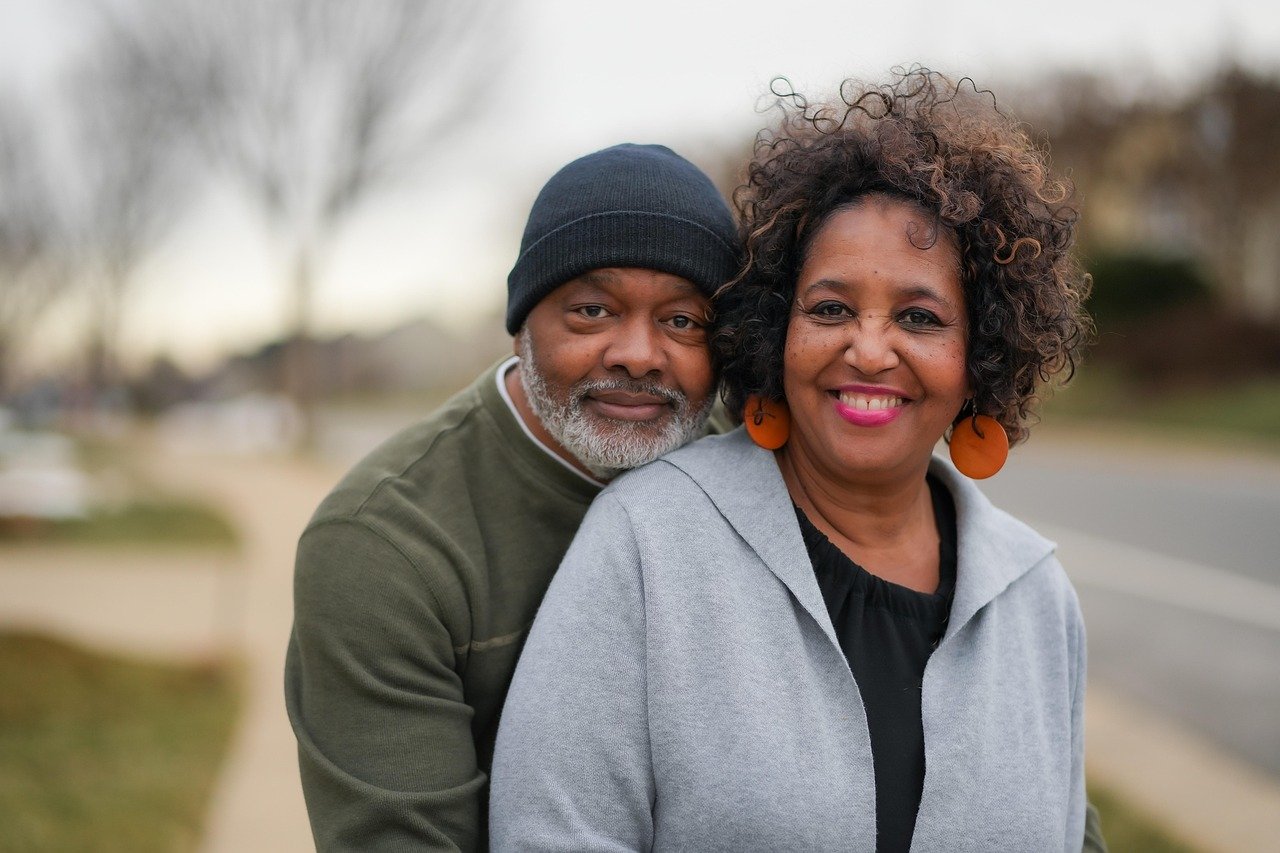
A deep promise to be there for an Alzheimer’s parent, this heartwarming song was written as a tribute to families facing dementia.
No spam, only news and updates.